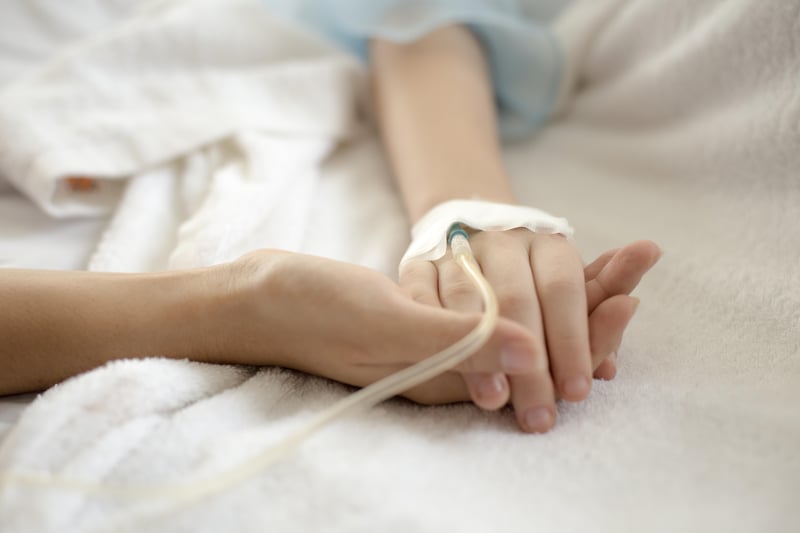Get Healthy!

- Cara Murez
- Posted January 6, 2023
New Hope Against 'Incurable' Liver Disease That Kills Children
Patients with an incurable, genetic liver disease have new hope after an animal study showed that a single drug could reverse its effects.
Alagille syndrome is caused by a mutation that prevents the formation and regeneration of bile ducts in the liver.
About 4,000 babies a year are born with this condition. Often, they require a liver transplant, which is not always available. Without one, about 75% will die by late adolescence.
"Alagille syndrome is widely considered an incurable disease, but we believe we're on the way to changing that,"said study leader Duc Dong. He is an associate professor in human genetics at Sanford Burnham Prebys Medical Discovery Institute in San Diego.
"We aim to advance this drug into clinical trials, and our results demonstrate its effectiveness for the first time,"Dong said in an institute news release.
The drug is called NoRA1. It works by activating the Notch pathway, a cell-to-cell signaling system that helps orchestrate fundamental biological processes in nearly all animals and plays a role in many diseases.
The genetic mutation in Alagille syndrome causes reduced signaling, resulting in poor liver duct growth and regeneration.
In the new study, the researchers found that in animals with mutations in the same gene affected in Alagille syndrome, NoRA1 increases the cell-to-cell signaling. The study found this triggers duct cells to regenerate and repopulate in the liver, reversing damage and increasing survival.
Results of studies conducted in animals often do not pan out in humans.
"The liver is well known for its great capacity to regenerate, but this doesn't happen in most children with Alagille syndrome because of compromised Notch signaling,"said first author Chengjian Zhao, a postdoctoral researcher in Dong's lab. "Our research suggests that nudging the Notch pathway up with a drug could be enough to restore the liver's normal regenerative potential."
The researchers are testing the drug on miniature livers cultured in the lab from stem cells derived from the cells of Alagille patients.
"Instead of forcing the cells to do something unusual, we are just encouraging a natural regenerative process to occur, so I'm optimistic that this will be an effective therapeutic for Alagille syndrome,"said Dong, who is also working to form a company to bring the drug toward clinical trials. Although it will initially focus on Alagille syndrome, it may also have an impact on more common diseases, including certain cancers.
"Duc and his team continue to do thrilling research on Alagille syndrome, and these breakthroughs certainly offer hope for families living with this very complicated and complex disorder,"said Roberta Smith, president of the Alagille Syndrome Alliance.
The findings were recently published online in the Proceedings of the National Academy of Sciences.
More information
The National Organization for Rare Disorders has more on Alagille syndrome.
SOURCE: Sanford Burnham Prebys, news release, Jan. 5, 2023

